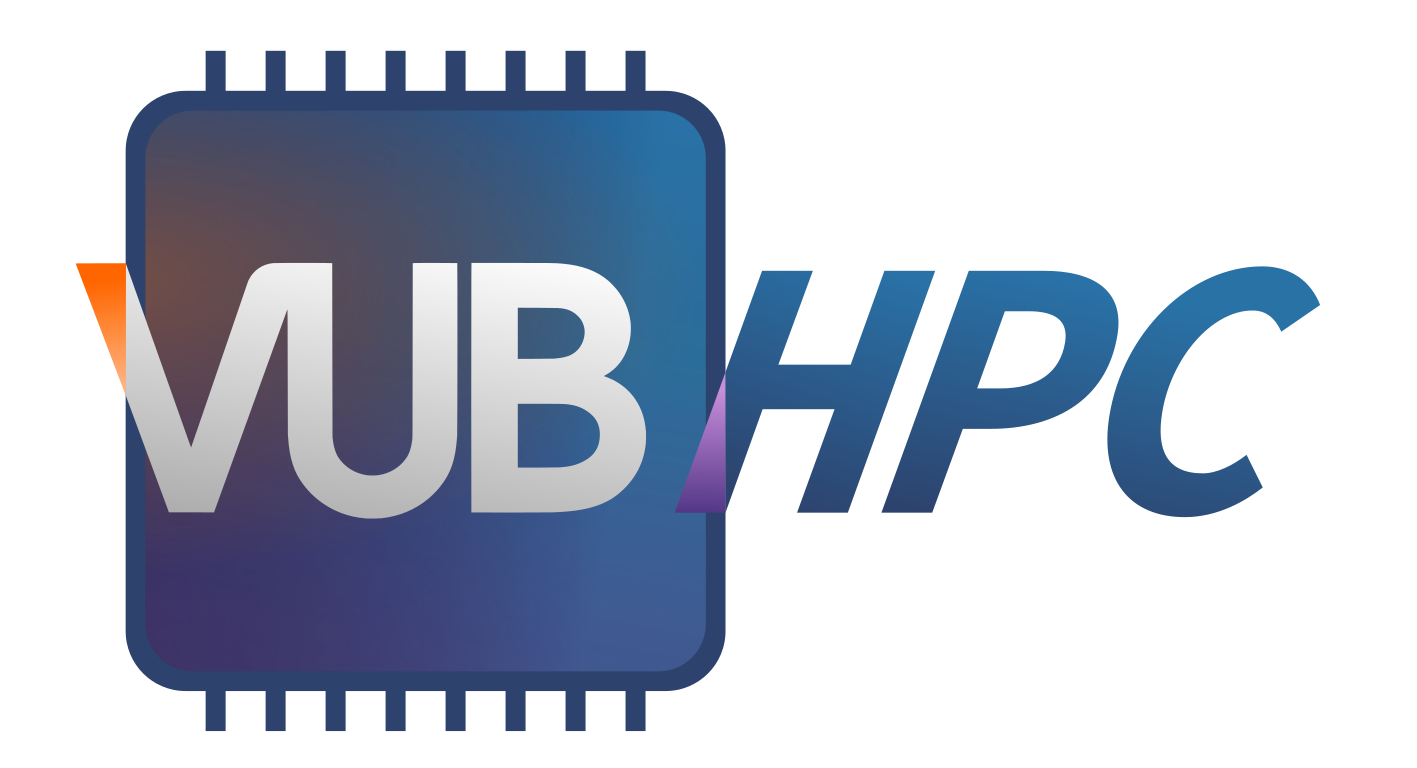Organization of Python, Perl and R packages in bundles#
The organization of Python, Perl and R packages in Hydra is changing with the introduction of the 2023a toolchains. The base software module for each of these languages now provides a basic installation with the core features of the language plus any tools needed to build and install your own software on top of it. Extra packages are delivered in bundle modules or with their own specific modules.
This approach simplifies the ecosystem of modules in the cluster, allowing to have a single module as the base module of the language. Users that used to rely on the extra packages in this base language module, from 2023a onwards can get the rich environment with hundreds of pre-installed packages by loading a single extra bundle module.
Python#
Main Python modules in 2023 toolchains and onwards:
Python: basic installation that allows to install your own Python packages, i.e. includespipPython-bundle-PyPI: collection of Python packages (100+) from PyPIScipy-bundle: collection of modules for scientific Python, includingnumpy,pandasandscipy
Perl#
Main Perl modules in 2023 toolchains and onwards:
Perl: basic installation that allows to build and install own Perl packagesPerl-bundle-CPAN: collection of Perl packages (100+) from CPAN
R#
Main R modules in 2023 toolchains and onwards:
R: basic installation that allows to build and install own R packages, i.e. includesdevtoolsR-bundle-CRAN: big collection of R packages (1000+) from CRANR-bundle-Bioconductor: collection of R Packages from Bioconductor
Other packages might continue to be delivered with their own specific
modules. If you cannot find some package, the command module spider can
help you locate the module that has it. See our documentation explaining
How can I find specific Python or R packages?.
If you have any further questions or comments, please contact us at VUB-HPC Support.
